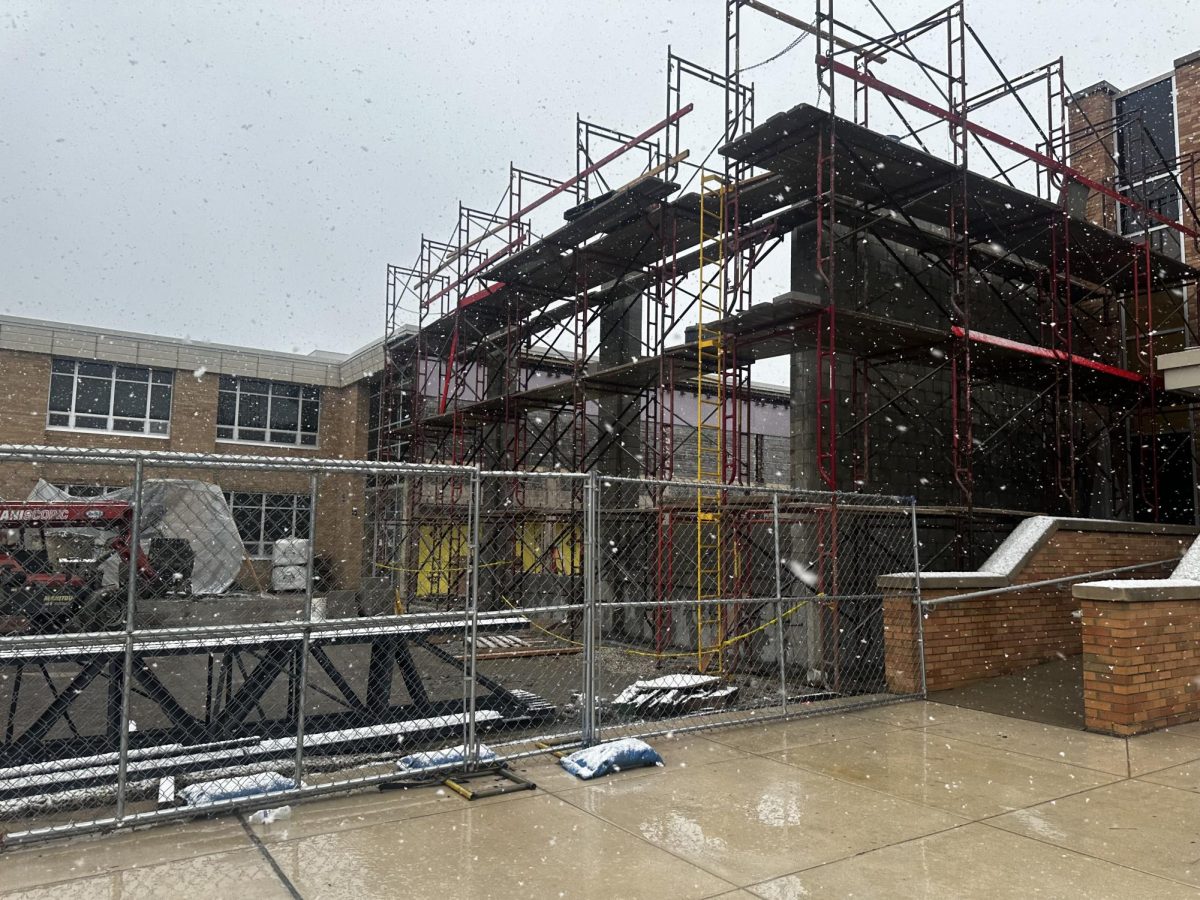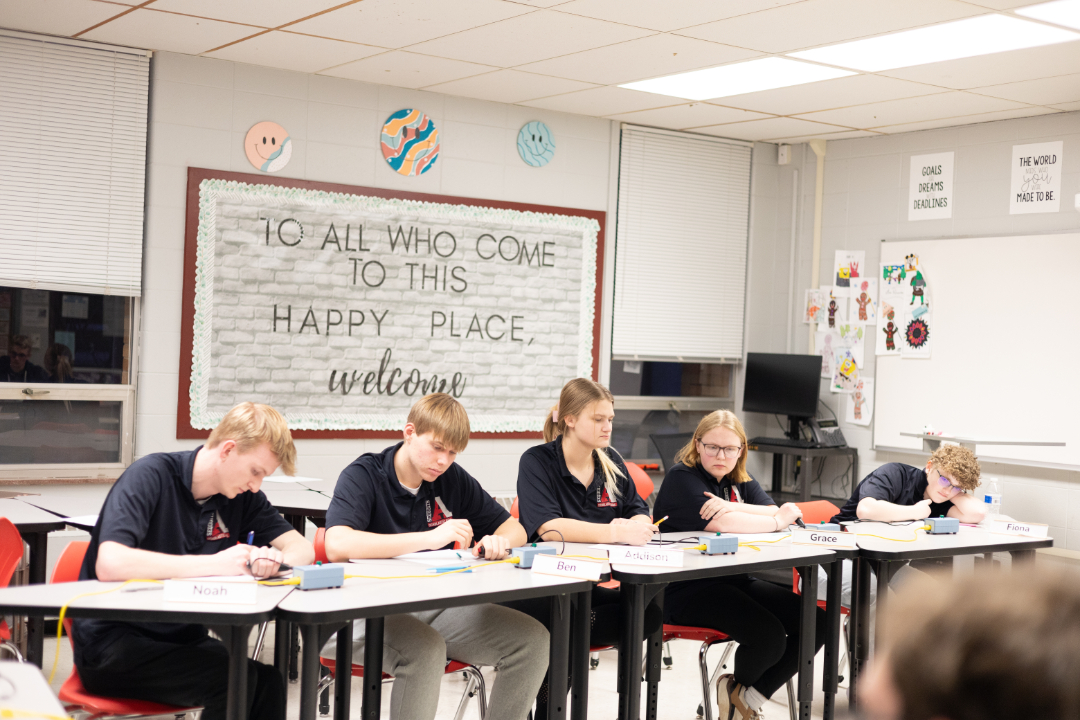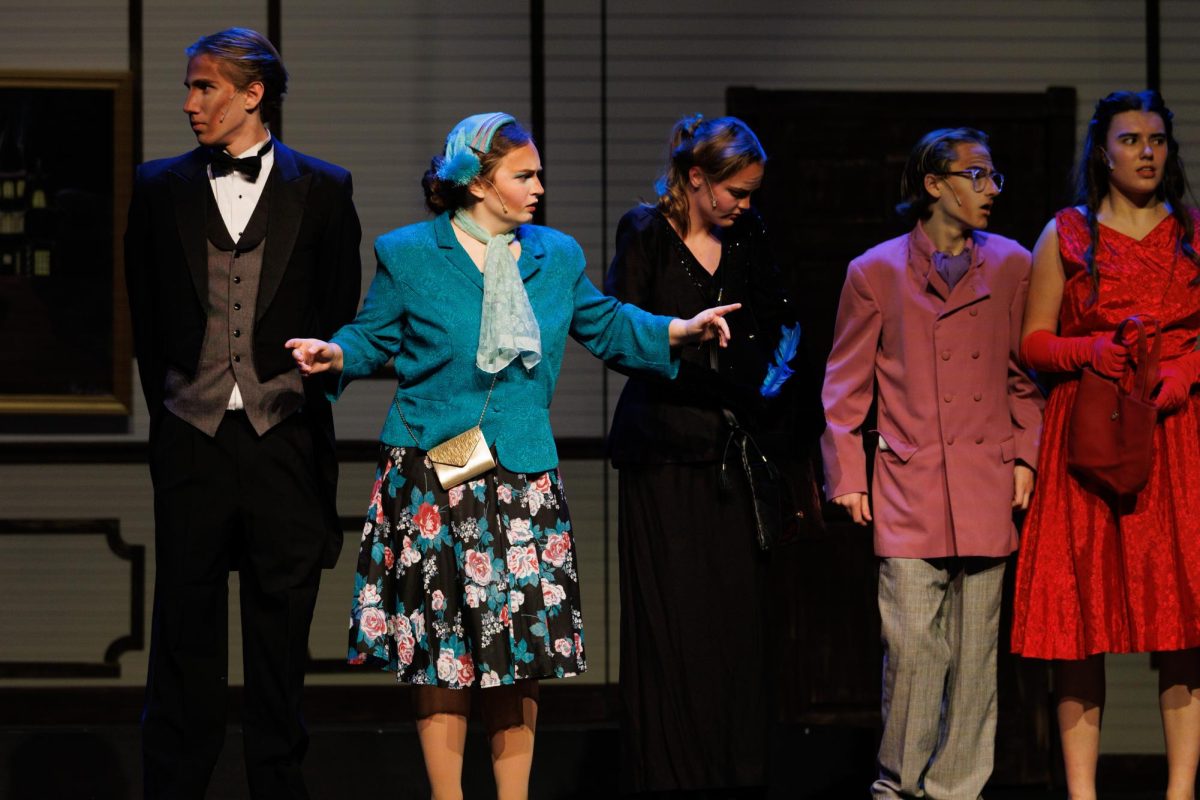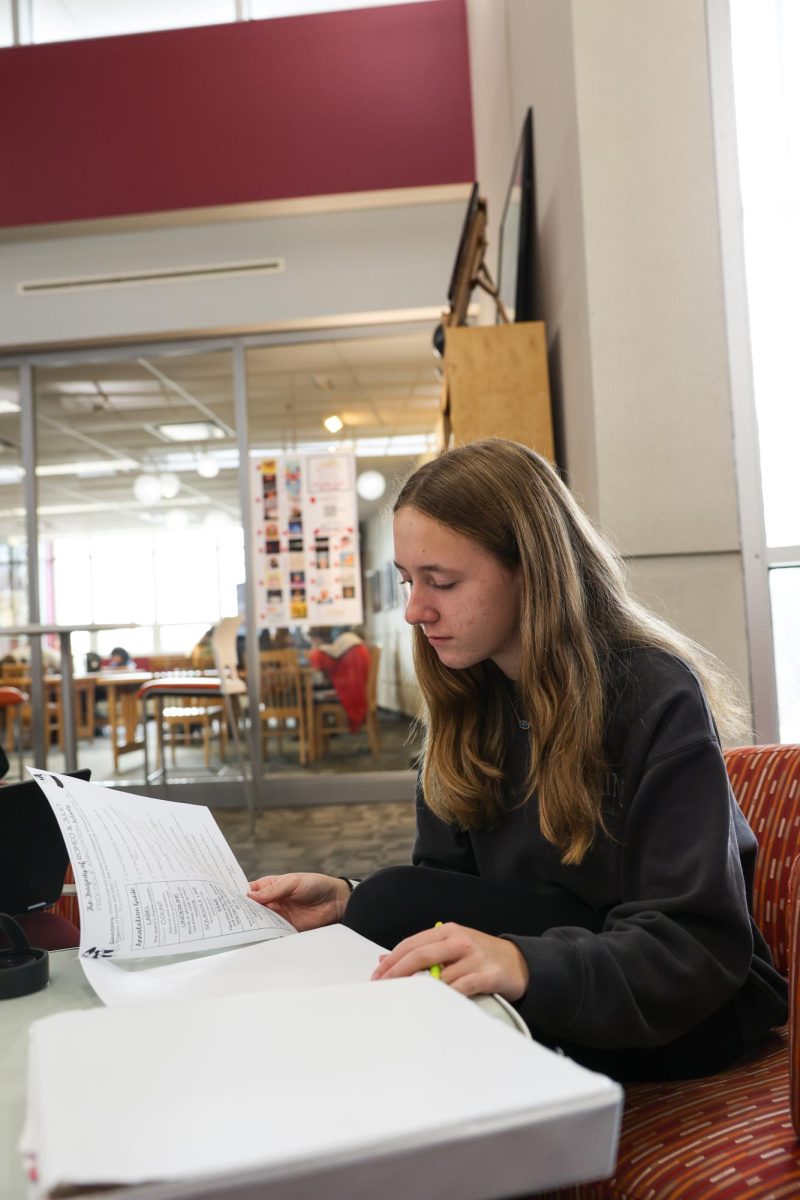In August of 2023, Antioch Community High School staff were presented with plans to remodel the school cafeteria and commons spaces. A meeting was held to brief the faculty on the five-year capital project, providing mock-ups and insight into the trajectory of the coming years. However, when the construction started in February of 2024, teachers promptly found that they were experiencing more disruption than they were told and more irritation than they expected.
In the aforementioned meeting, ACHS staff members were casually informed of details such as particular classrooms losing their windows and the possibility of modest noise. Through demolition, it has become apparent that impediments were underestimated; classes have been displaced and commotion has proved to be overwhelming for many. Various teachers have endured the challenges of the turbulent construction process.
“Yes, the end goal of what we’re creating is going to be this great benefit for students, but how are we going to ensure that they’re still able to learn and have a safe and comfortable classroom environment,” a source said. “It has completely uprooted all of my classes.”
With the English and science hallways being the most affected, rooms have been rattled, classwork has been disturbed and volume has been demonstratingly problematic. On some days, the cacophony of the construction serves as background to class activities, on others, walls seem to shake. A science teacher has had to relocate classes for testing in some instances.
“I have had to move rooms on occasion, during particularly loud days,” they said. “Even on other days, the disruption has been noticeable and is a distraction.”
They continued, “I was told rooms would be usable, even with the noise. This is not the case on some days. It is frustrating to be told that the noise would be minimal, when in fact, it was so loud that students complained.”
The degree of discontent among staff is palpable. They wish that more assistance was organized and provided, especially regarding displaced classes. An English teacher emphasizes the distinct impact on students.
“I do think there should have been a lot more consideration [for the students’ learning],” the English teacher said. “I [cannot] imagine students that have, for example, sensory issues; like students who struggle just with noise in general [and their trouble]. I [cannot] imagine how [they are] even able to focus on anything right now.”
The same science teacher echoed the sentiment that more structured solutions should have been thought of earlier.
“I believe a plan to move rooms or have dedicated rooms to move to in the event of disruption would have been a nice support to have,” they said.
Ultimately, the construction has posed unique circumstances for the school setting. Special education teacher Jamie Atkinson has creatively adapted to arising changes herself.
“I used a megaphone a few times to teach, which was more funny than practical but it was the only way to get over the noise,” Atkinson said. “The room goes through a dusty phase every few days, [and my] co-workers were kind enough to share their extra air machines, which have helped.”
Whether the five-year plan will be effective and remain intact, students and staff alike will have to wait and see. With the current state of things, one can only hope that the results are worth the current disarray.
“Change happens, we have to roll with it, but change is always hard, especially in the middle of the school day,” Atkinson said.
The estimated $5 million project is ultimately for the betterment of the student body. Although each class of today will be graduated by the time of completion of the entire undertaking, hopefully, ACHS will reap the benefits of this for years to come.






















